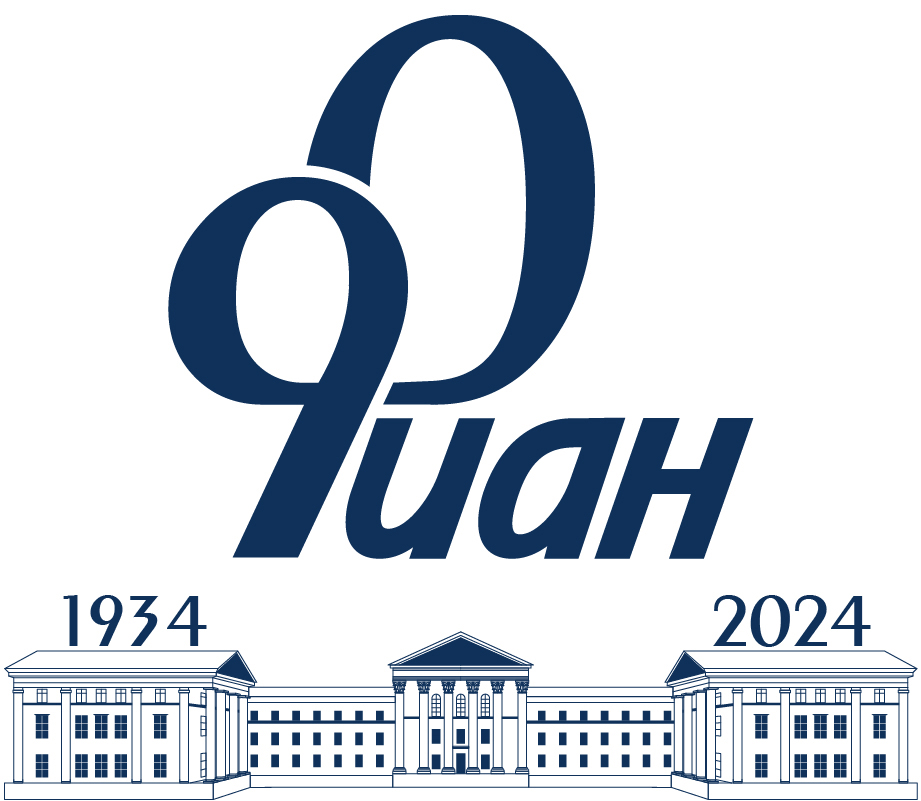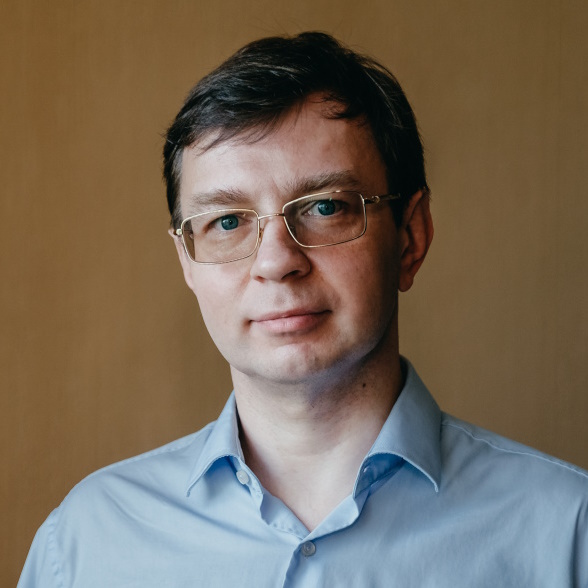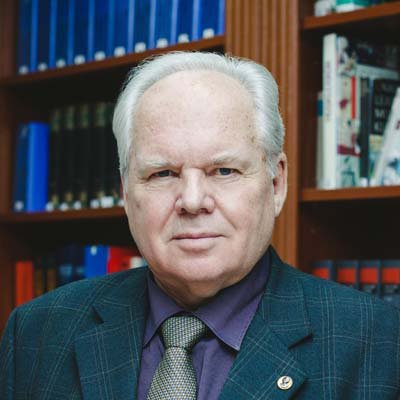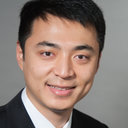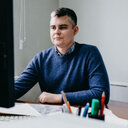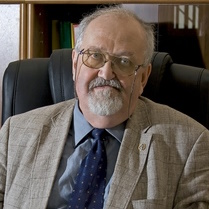Plenary talks

D.V. Efremov
Fermi Surface Topology and High-Order van Hove Singularities in Sr₃Ru₂O₇
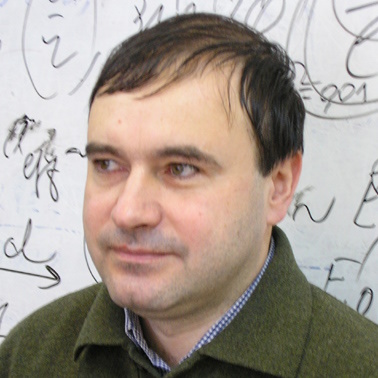
M.Yu. Kagan
Kapitza Institute for Physical Problems, Moscow, Russia
Unconventional superconductivity in low density electron systems and conventional superconductivity in metallic hydrogen and hydrogen metallic alloys
Subsection in memory of G.M. Eliashberg
M.M. Korshunov
Institute of Physics, SB RAS, Krasnoyarsk, Russia
Impurity effect on an unconventional superconducting state in iron-based materials
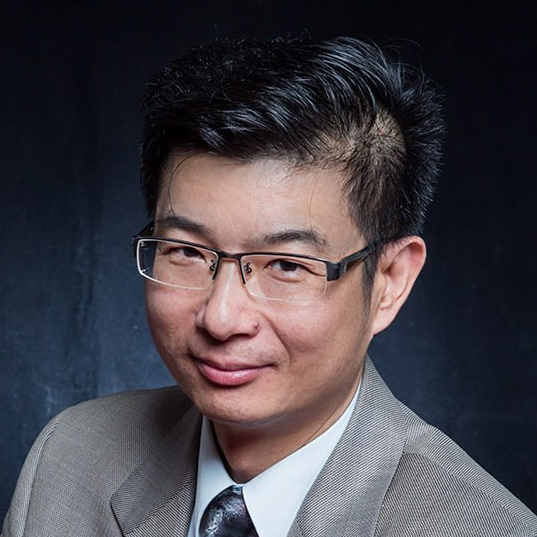
Wei Ku
Institute of Condensed Matter Physics, Shanghai Jiao Tong University, Schanghai, China
A universal low-temperature fluctuation of unconventional superconductors revealed
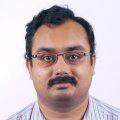
P. Raychaudhuri
Tata Institute of Fundamental Research, Mumbai, India
Inverse melting of the vortex lattice in a superconducting thin film
M.V. Sadovskii
Institute for Electrophysics, UB RAS, Ekaterinburg, Russia
Upper limit for superconducting transition temperature in electron – phonon superconductors: very strong coupling
Subsection in memory of G.M. Eliashberg
V.V. Struzhkin
HPSTAR, Shanghai, China
Progress in approaching room temperature superconductivity in hydrides
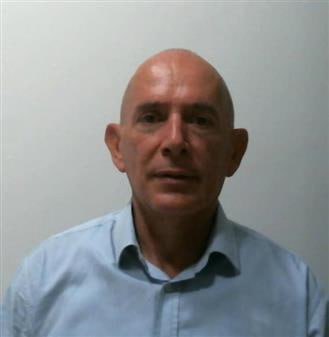
G.A.C. Ummarino
Politecnico di Torino, Torino, Italy
Can the noble metals (Au, Ag, and Cu) be superconductors?
Subsection in memory of G.M. Eliashberg
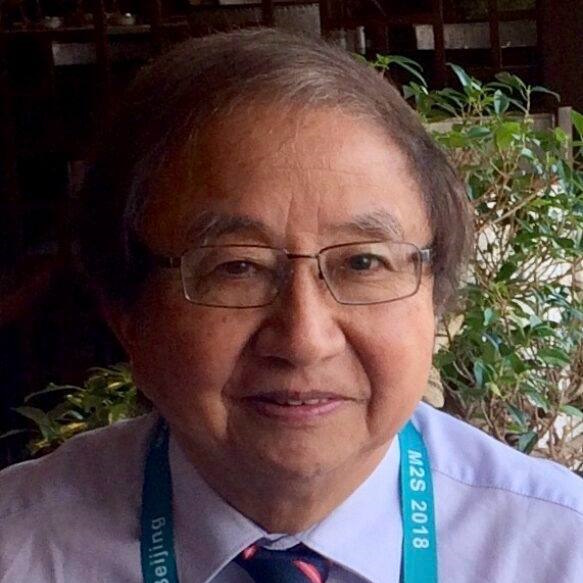
Fu-Chun Zhang
Kalvi Institute for Theoretical Sciences, Beijing, China
Theory for nickelate superconductivity: similarity and difference with high Tc cuprates.
Semi-plenary talks

I.A. Trojan
Shubnikov Institute of Crystallography, Moscow, Russia
Superconductivity in metal polyhydrides. Current state and new results
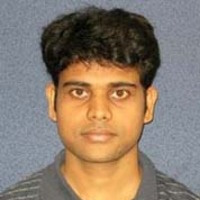
G. Sheet
Indian Institute of Science Education and Research Mohali, Manauli, India
Superconductivity under uniaxial pressure in elemental metals
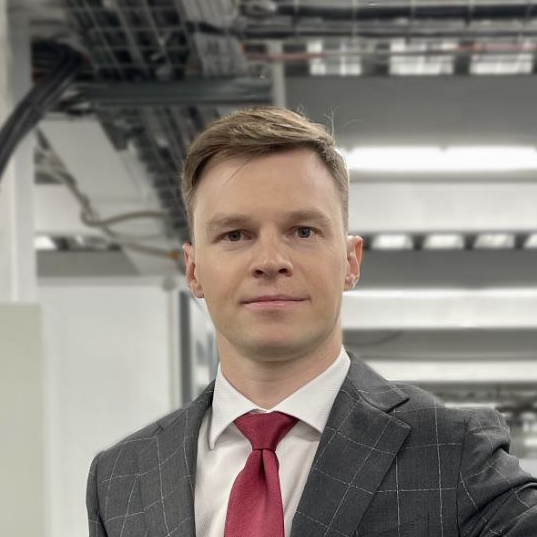
M. E. Moyzykh
SuperOx CJSC, Moscow, Russia
High temperature superconductor: an affordable material for energy, science and transport
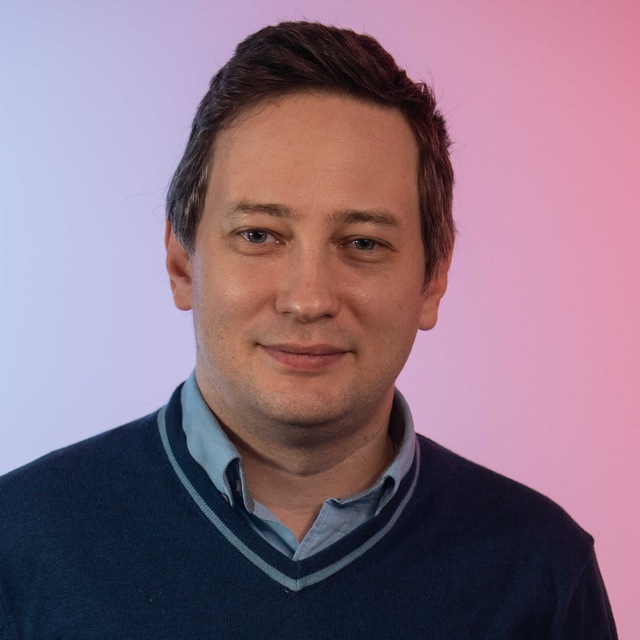
S. V. Pokrovsky
MEPHI, Moscow, Russia
Superconducting magnetic system for small-scale spherical tokamak MEPHIST-1

E.I. Shneyder
Kirensky Institute of Physics, Federal Research Center KSC SB RAS, Krasnoyarsk, Russia
Competition of polaronic and bipolaronic effects in the normal state of an electron-correlated system
Invited speakers
Fundamentals of high temperature superconductivity
S.G. Ovchinnikov
Institute of Physics, SB RAS, Krasnoyarsk, Russia
Effects of mean field and fluctuations in HTSC cuprates

V.A. Zyuzin
Landau Institute for Theoretical Physics, Chernogolovka, Russia
Odd frequency spin-triplet pairing in disordered electron liquid

S. Feng
Shiping Feng, Xingyu Ma, Minghuan Zeng, Huaiming Guo
Unusual crossover from low-temperature T-quadratic resistivity in the underdoped pseudogap phase of cuprate superconductors to T-linear resistivity in the overdoped strange-metal phase

X. Zhou
Institute of Physics, Chinese Academy of Sciences, Beijing, China
Laser ARPES on Pairing Symmetry and High-Tc Origin in High Temperature Superconductors

I. Leonov
M. N. Mikheev Institute of Metal Physics, Russian Academy of Sciences, Yekaterinburg, Russia
Electronic structure, orbital-selective renormalizations, and magnetic correlations in nickelate superconductors

Q. Hu
Tsung-Dao Lee Institute and School of Physics and Astronomy, Shanghai Jiao Tong University, Shanghai, China
Observation of quantum vortex core fractionalization and skyrmion formation in superconductor

F. Hong
Institute of Physics, Chinese Academy of Sciences, China
The density wave in La3Ni2O7 under high pressure

Yu Bao
Institute of High Energy Physics, Chinese Academy of Sciences, Beijing, China
Design and application of the Muon Source Project at CSNS
Properties of superconductors and quantum/topological materials
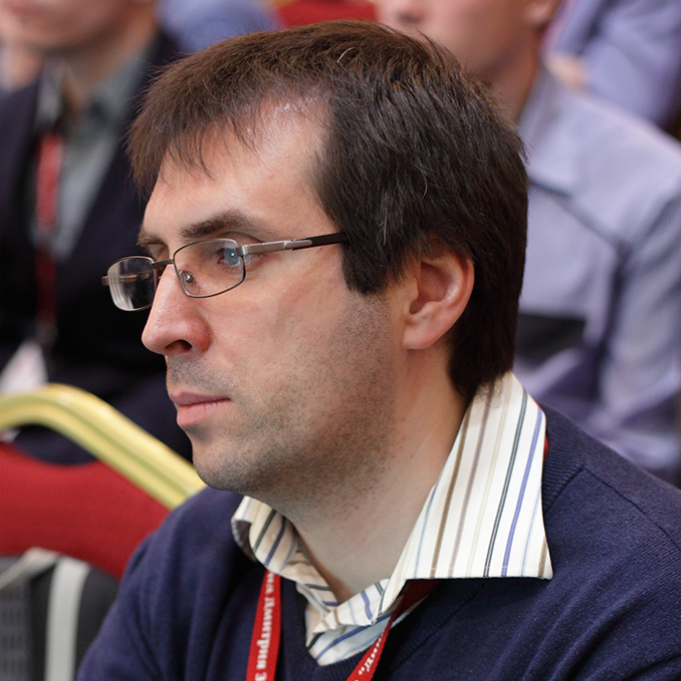
I. Burmistrov
L.D. Landau Institute for Theoretical Physics, Chernogolovka, Russia
Spatially-resolved dynamics of the amplitude Schmid-Higgs mode in disordered superconductors

G. Chen
Shanghai Jiao Tong University
Correlation and topology in special-stacked 2D materials
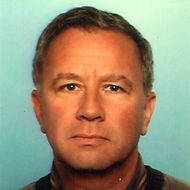
A.A. Golubov
Moscow Institute of Physics and Technology, Dolgoprudny, Russia
Full Counting Statistics for Unconventional Superconductor Junctions
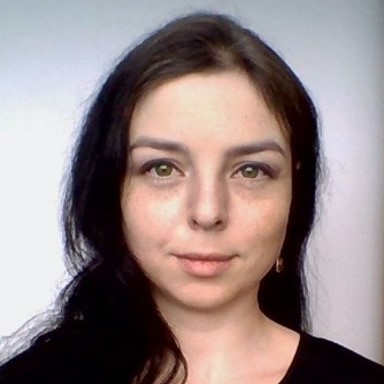
T.E. Kuzmicheva
Lebedev Physical Institute, Moscow, Russia
Observation of the Leggett collective plasma oscillation and the spin exciton in two-gap superconductors using SNS-Andreev spectroscopy

I. Morozov
Lomonosov Moscow State University, Dept. of Chemistry, Moscow, Russia
Effect of substitution on the structural and superconducting properties of Ba(Ag1.8-xTMx)Bi2 (TM=Cu, Au)
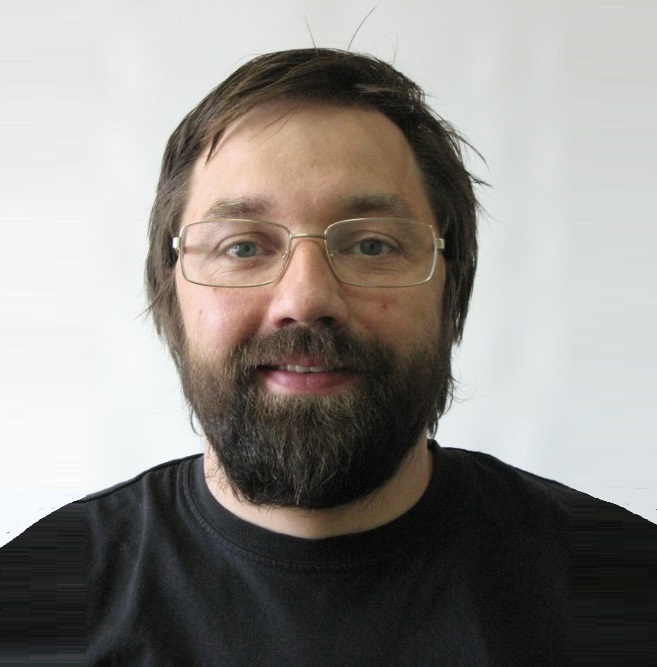
I. Nekrasov
Institute of Electrophysics, Ural Branch, Russian Academy of Sciences, Yekaterinburg, Russia
Peculiarities of the electronic structure of multilayer high-Tc pnictides

H. Singh
National Institute of Technology, Srinagar, India
Growth and characterization of WS2 bulk single-crystals
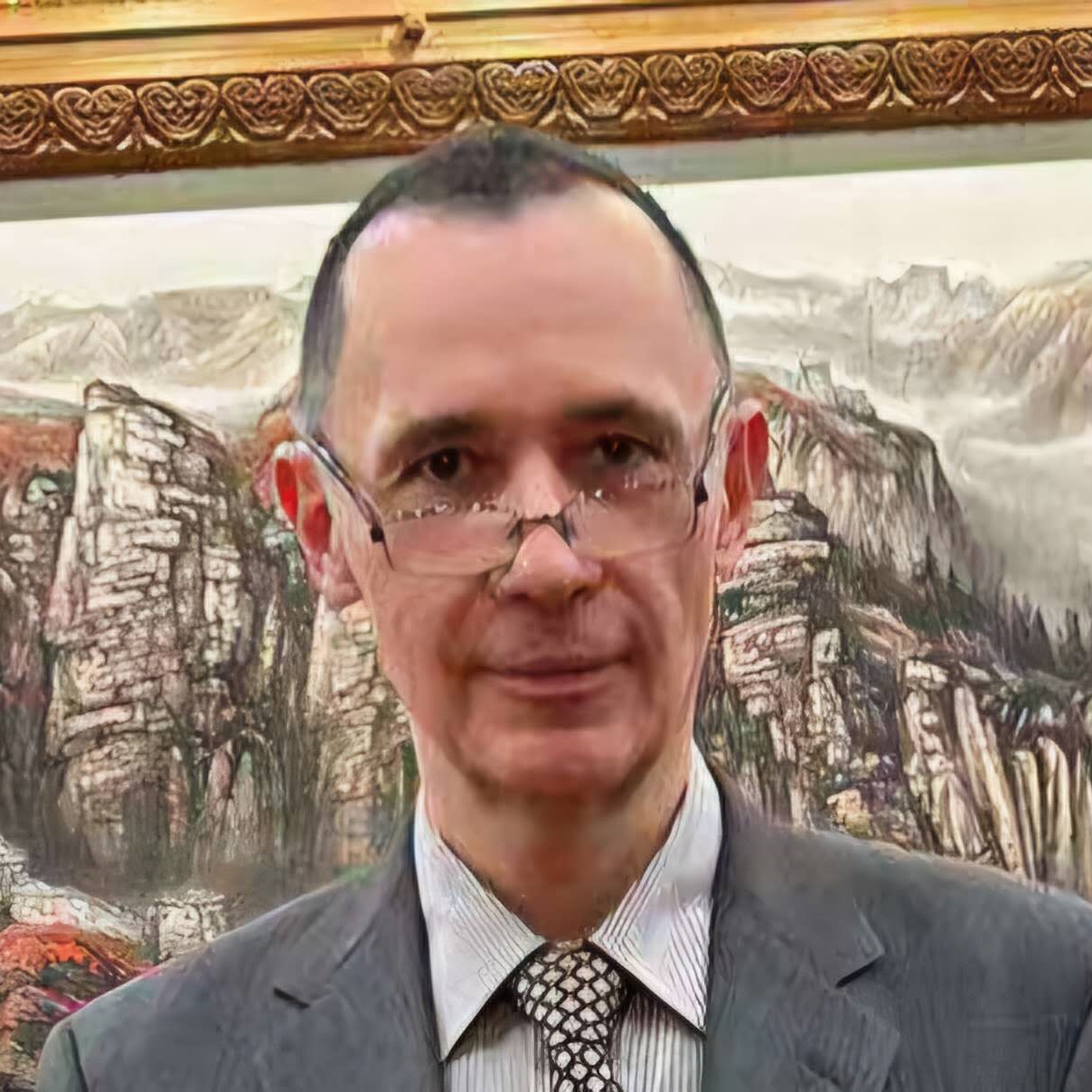
C. Petrovic
Institute for Shanghai Advanced Research in Physical Sciences (SHARPS), Shanghai, China
Disorder in FeSe1−xSx (0 ≤ x ≤ 1) superconducting crystals
Ding Zhang
Tsinghua University, Beijing, China
Josephson Tunneling and Thermoelectric Transport in Exfoliated Cuprate Flakes
A.O. Zlotnikov
Institute of Physics, SB RAS, Krasnoyarsk, Russia
Gapless and gapped vortex bound states in higher-order topological superconductors

Lun-Hui Hu
Zhejiang University, Zhejiang, China
Superconducting proximity effects in nodal and nodeless altermagnets
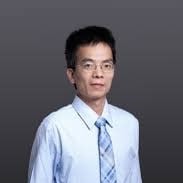
Jianda Wu
Tsung-Dao Lee Institute, Shanghai Jiao Tong University, Schanghai, China
Spin dynamics and dark particles in a weak-coupled quantum Ising ladder with D81 spectrum
Superconductivity and magnetism
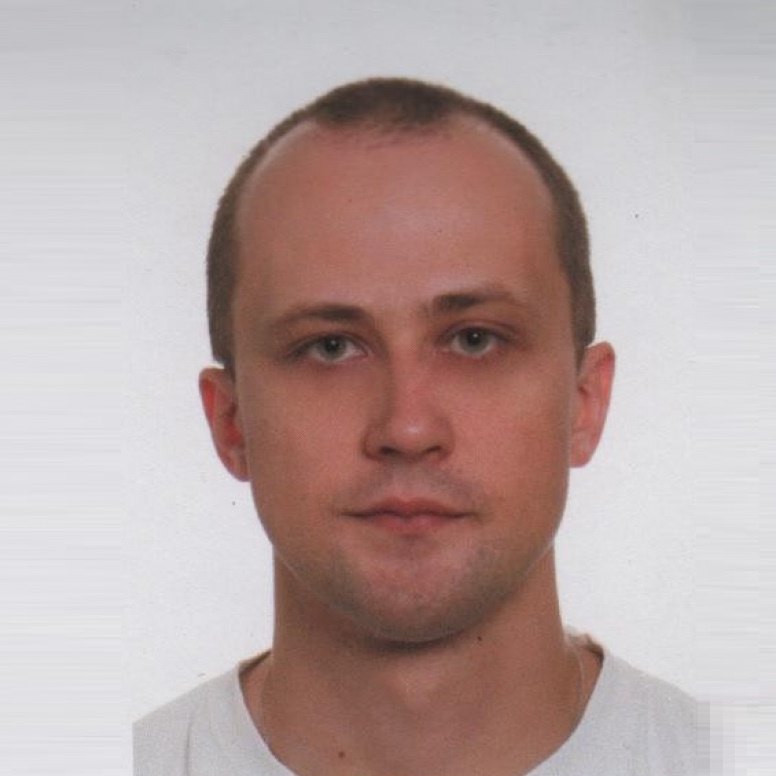
E.V. Devyatov
Osipyan Institute of Solid State Physics RAS, Chernogolovka. Russia
Superconducting proximity effect for topological semimetals

A.A. Gippius
Faculty of Physics, Lomonosov Moscow State University, Moscow, Russia
NMR spectroscopy of transition metal pnictide and gallide superconductors and related compounds
A.S. Melnikov
Institute of Physics for Microstructures, Nizhny Novgorod, Russia
Nonlocal superconducting pairing at interfaces of hybrid structures: new directions for engineering of the type of Cooper pairs
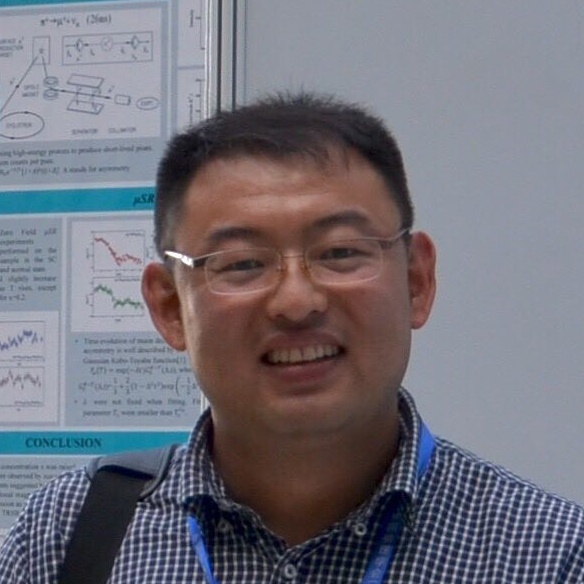
Fanlong Ning
Zhejiang University, Hangzhou, China
Novel Ferromagnetic Semiconductors Isostructural to 122 type Fe-based Superconductors

X. Qui
Institute of Physics, Chinese Academy of Sciences
Visualization of skyrmion-superconducting vortex pairs in a chiral magnet-superconductor heterostructure
Applied superconductivity
Plenary talks
V.S. Vysotsky
Russian Cable Scientific R&D Institute (VNIIKP), Moscow, Russia
Status and trends of large-scale applications of superconductivity in 2025
Invited
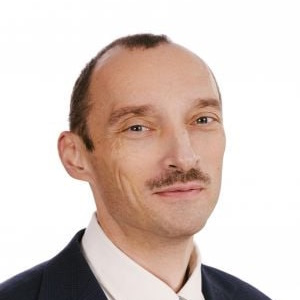
I. M. Abdyukhanov
VNIINM, Moscow, Russia
The development of superconducting materials in Bochvar Institute
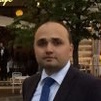
P.N. Degtyarenko
S-Innovations, Moscow, Russia
Investigation of the vortex structure pinning in irradiated 2G HTS wire
Special sessions
Subsection in memory of G.M. Eliashberg
July 26, 2025 would have marked the 95th birthday of the renowned physicist Gerasim Eliashberg, whose groundbreaking theoretical works laid the foundation for the modern theory of superconductivity. In two seminal papers published in 1960, “Interactions between electrons and lattice vibrations in a superconductor” (JETP 38, 966, 1960) and “Temperature Green’s function for electrons in a superconductor” (JETP 39, 1437, 1960), G. Eliashberg derived equations for superconductors with phonon pairing mechanisms, now known as the Eliashberg equations. In celebration of the 95th anniversary, a special session will take place within the conference dedicated to Eliashberg’s work and the 65th anniversary of his equations
Subsection in memory of M.I. Eremets
For many years, the prospect of room-temperature superconductivity was an elusive dream, or perhaps a goal. Over the past decade, this dream has gained much firmer ground. The experimental discovery of superconductivity in several highly compressed superhydrides with Tc up to 260 K is perhaps the biggest breakthrough in materials physics in recent times.
Mikhail Eremets has been at the forefront of this research for several decades. His discovery of superconductivity in comporessed H3S at 203K was published in 2005. To honor Mikhail Eremets’s achievements and to mark the first decade of near-room temperature superconductivity, we are planning a special session at FPS-2025: “Near-Room Temperature Superconductivity”.


